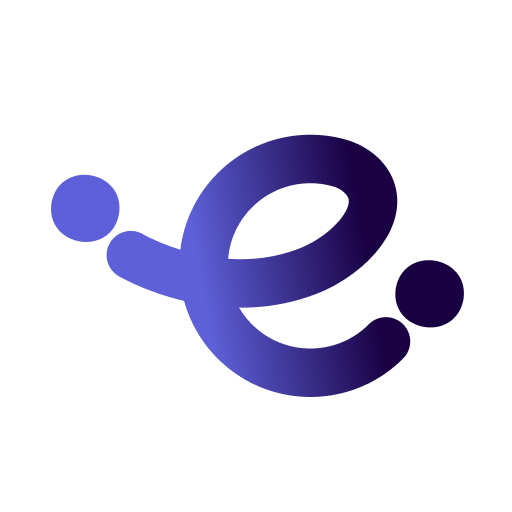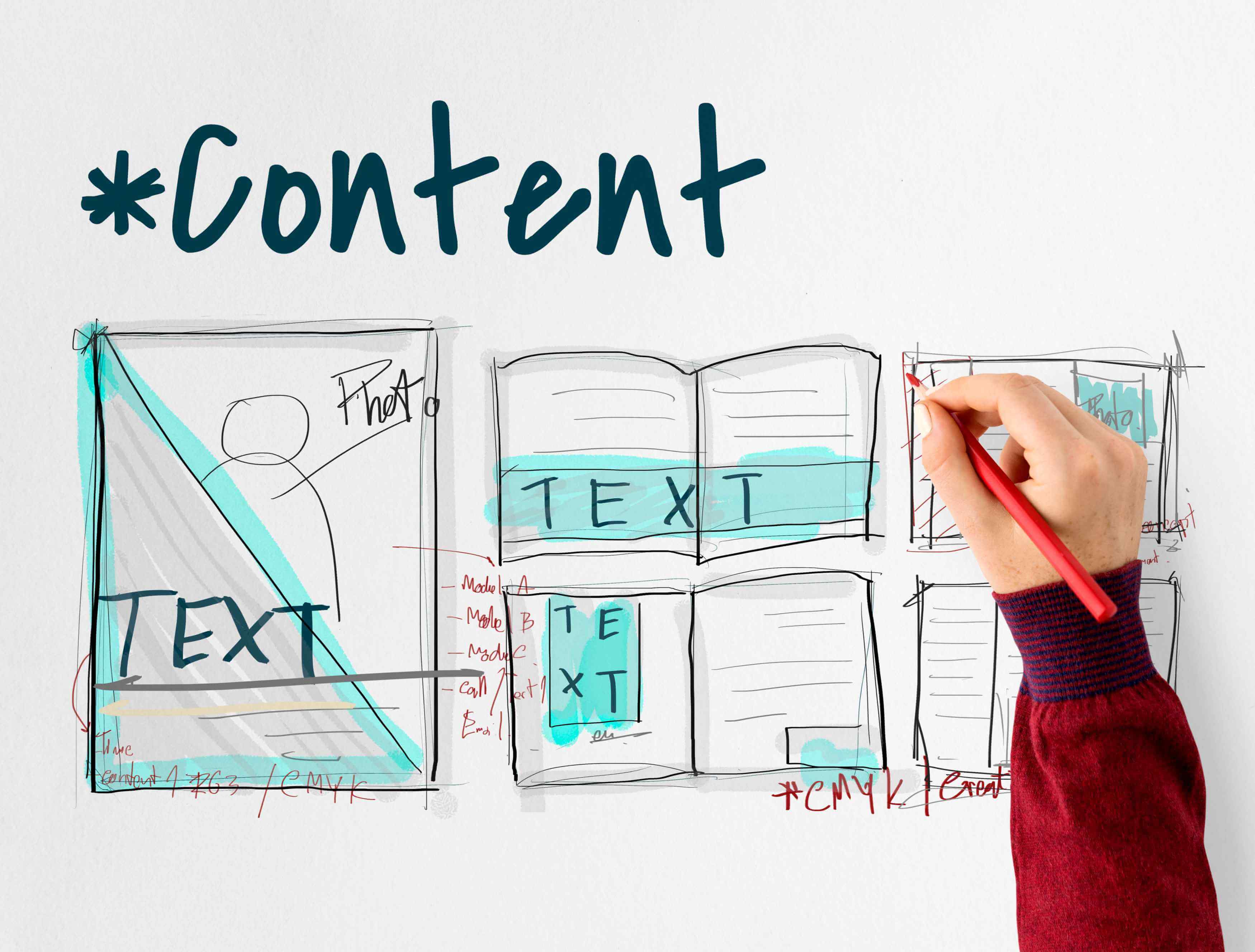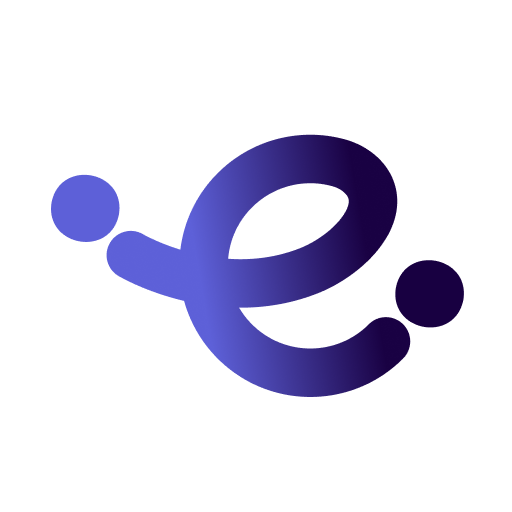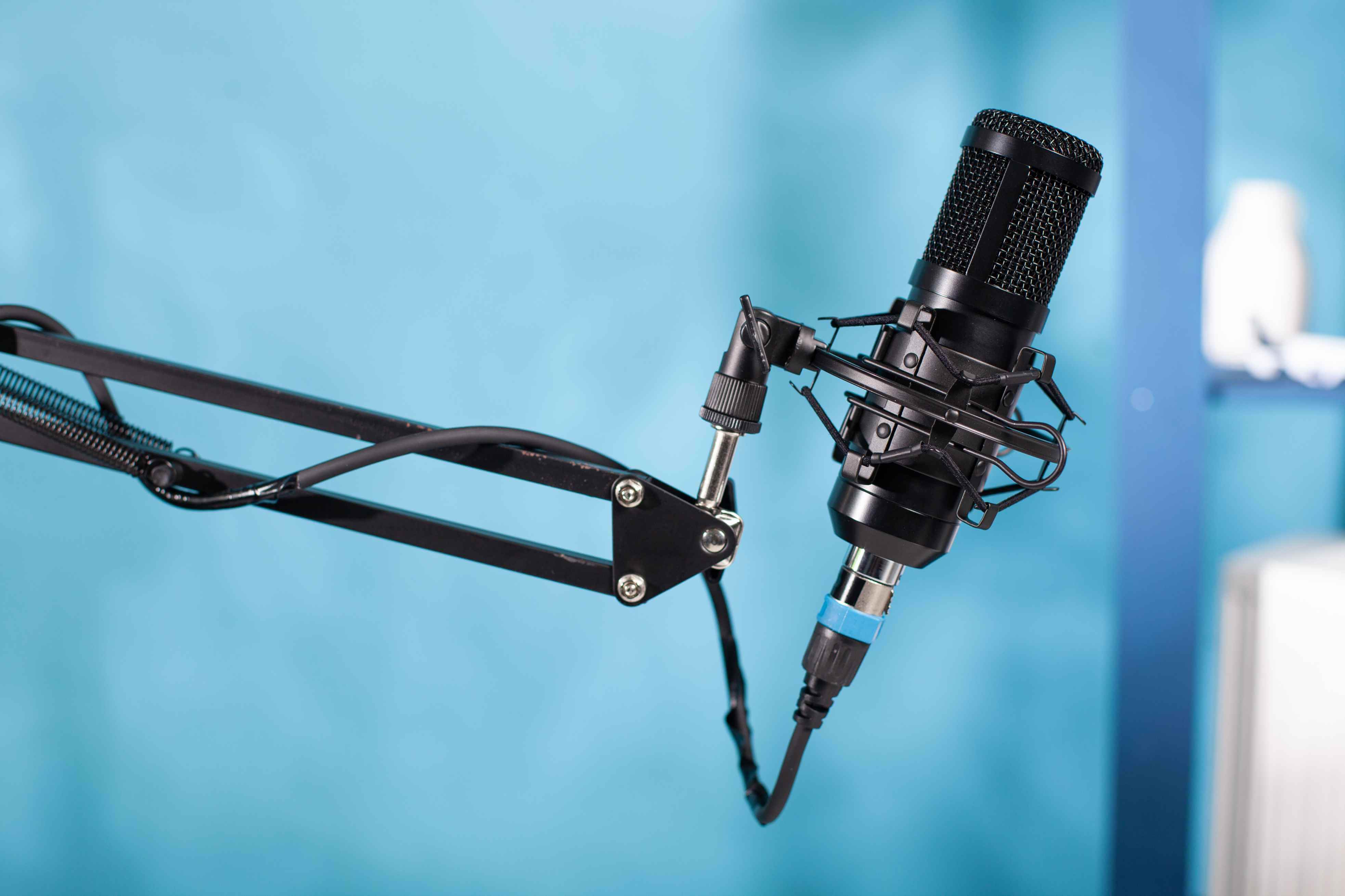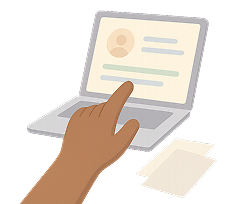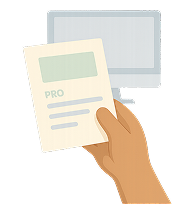In today’s digital world, having a personal website can be a powerful tool for building your brand, showcasing your work, and creating new opportunities. Whether you are a freelancer, entrepreneur, creative, or job seeker, a website can act as your online home and a space you fully control to reflect your skills, personality, and goals.
A personal website can help you stand out in competitive markets by giving you a professional presence that’s searchable, shareable, and customizable. With the right design and content, your personal website can become a key part of your career growth, networking efforts, and long-term success.
Why You Need a Personal Website?

Social media platforms may come and go, but a personalized website has the ability to give you a permanent, professional space that empowers you to control your online narrative and present your portfolio in a visually compelling and personalized way.
It’s the ideal space to showcase your experience, thought leadership, and creative work—all under your own terms.
With a well-structured site, you can:
-
Appear in search engine results for your name and profession
-
Centralize your online presence (social media, blog, newsletter, etc.)
-
Demonstrate credibility and professionalism
-
Provide a go-to destination for potential clients, collaborators, or employers
In an era where everyone is searchable, not having a personal website could mean missed opportunities, whether it’s a job, a collaboration, or a client. Owning your digital space allows you to make a lasting impression and opens doors that might otherwise remain closed.
Find the Right Agency for Your Web Design Needs
Best Personal Website Examples for Design Inspiration
Nothing sparks creativity more than seeing what others have done successfully, especially when it comes to building your own personal website. A well-executed personal website can offer endless design inspiration.
You can use these examples not just as visual inspiration, but also as benchmarks to understand what works well in your field and what you can do to make your personal website just as compelling.
Now let’s take a look at some of the best personal websites:
1. Tim Ferriss – Author & Entrepreneur
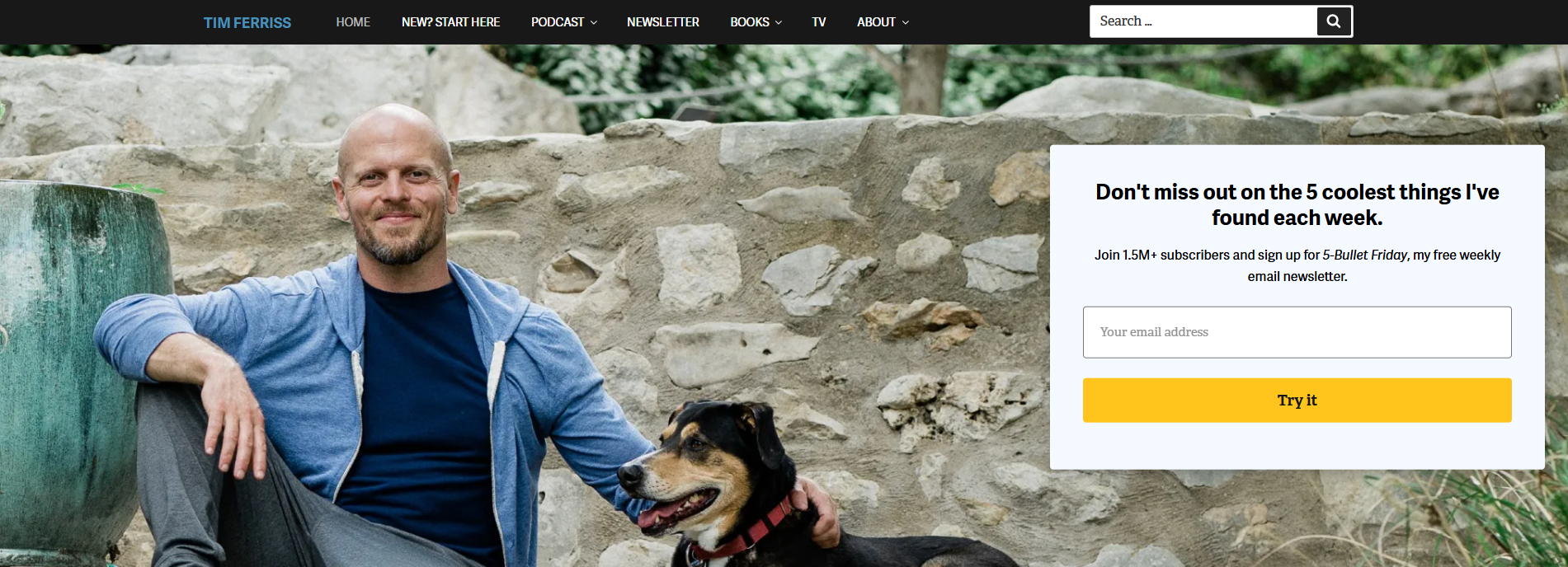
Tim Ferriss' website reflects his brand as a bestselling author and productivity guru. It features a clean layout, blog, podcast episodes, book links, and newsletter sign-up.
2. Gary Sheng – Software Engineer
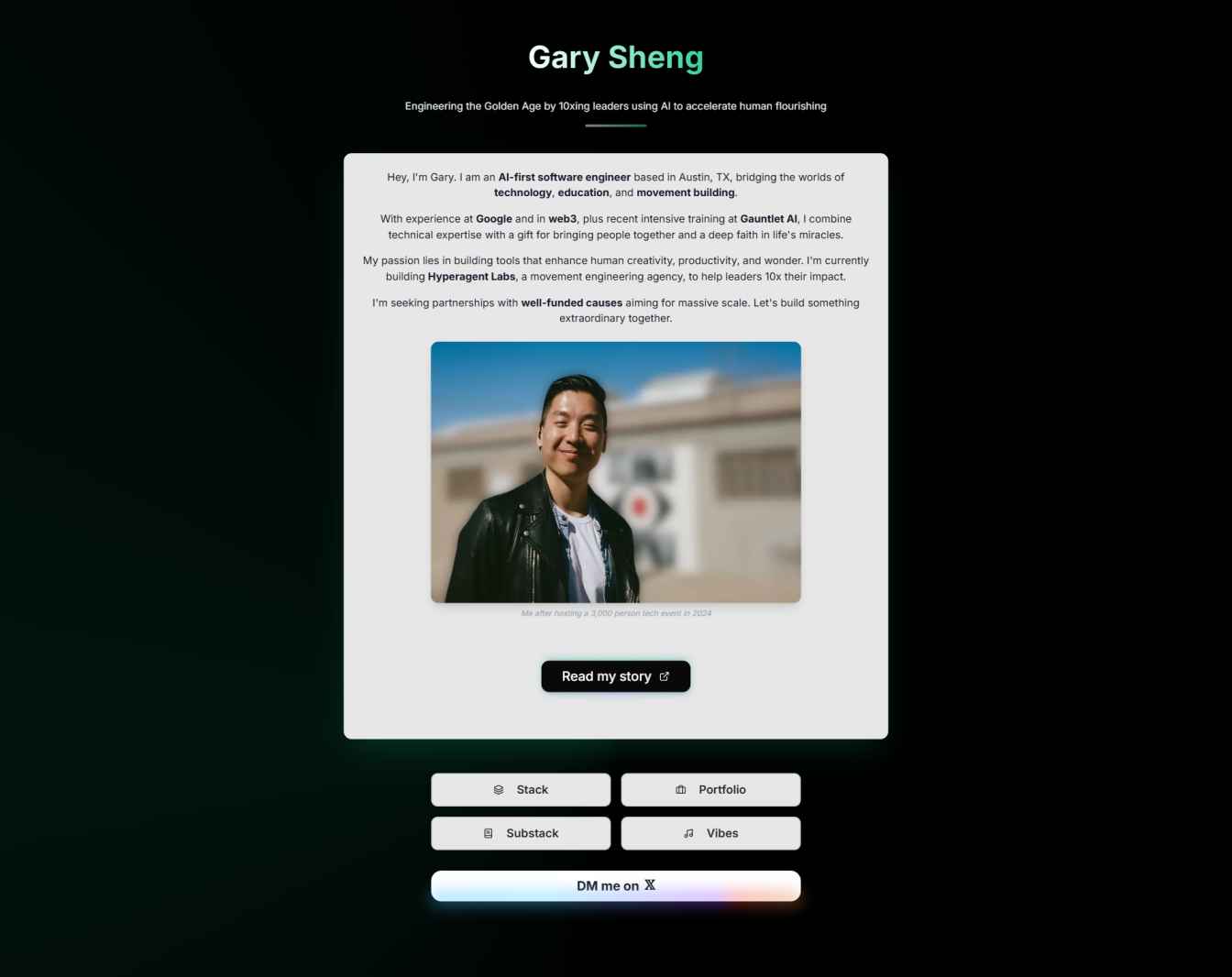
Gary Sheng's site is minimal and modern, showcasing projects and writing. It's a strong example of how a tech professional can present themselves online.
3. Marie Forleo – Business Coach & Author

Marie Forleo’s website bursts with energy and branding. It includes a blog, videos, testimonials, and a clear CTA to join her community.
4. Gary Vaynerchuk – Entrepreneur & Author

Gary Vee’s site is a hub of content—videos, podcasts, articles—all integrated into a bold, high-impact design that reflects his personal brand.
5. Krista Kim – Digital Artist
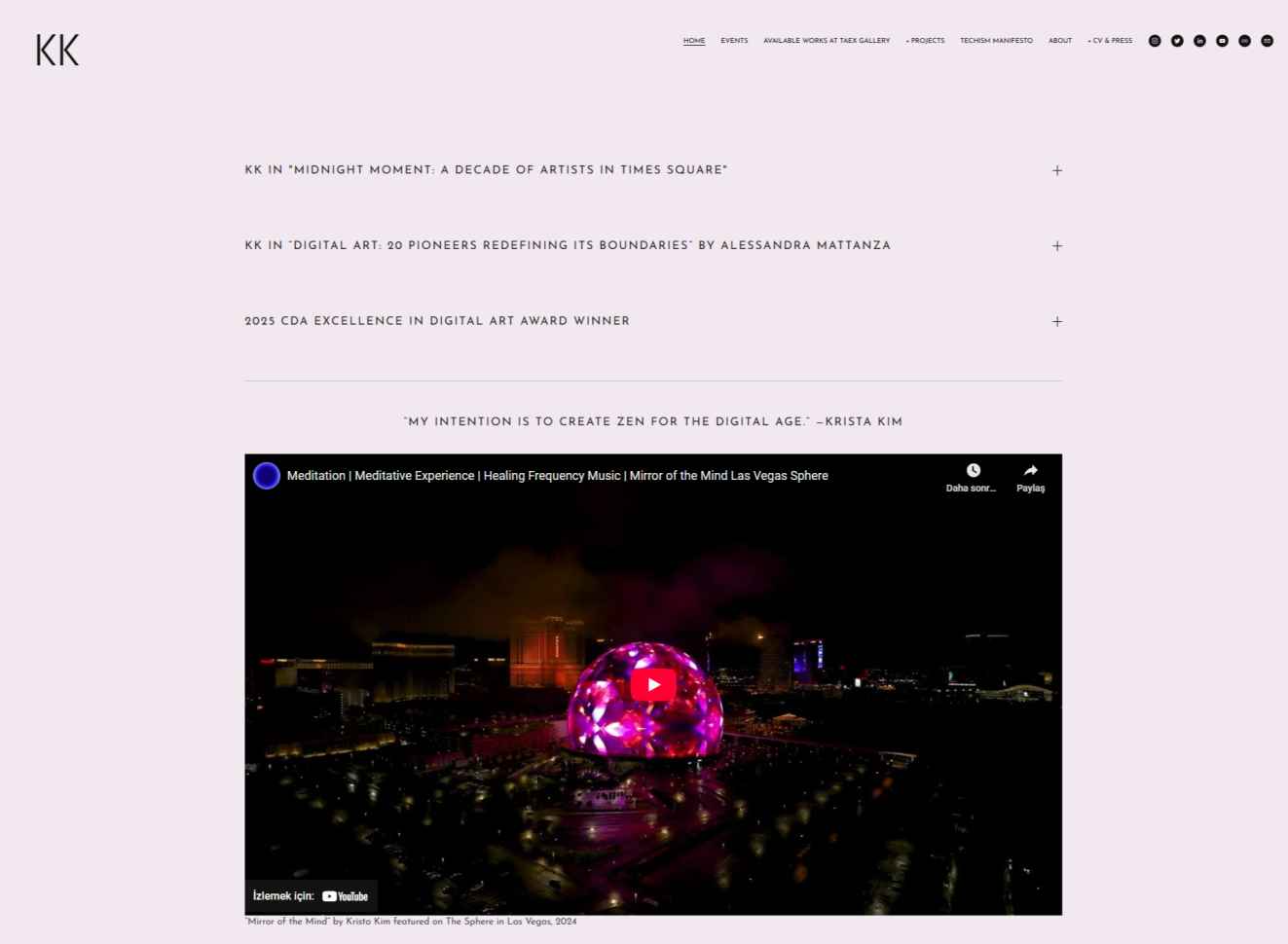
Krista Kim's website is a digital canvas. It visually communicates her work in metaverse art and NFTs, reflecting creativity and innovation.
6. Heather Dubrow – Artist and Entrepreneur

Heather Dubrow’s website blends lifestyle blogging with branding. It includes a podcast, product links, and a blog, representing her multifaceted career.
7. Seth Godin – Author & Entrepreneur

Seth Godin's blog-first site proves that content is king. The minimalist design centers attention on his daily blog posts and thought leadership.
8. Jessica Walsh – Designer & Art Director

Jessica Walsh's portfolio is visually stunning. As a top creative, her site uses design to speak volumes about her aesthetic and talent.
9. Michael Hyatt – Leadership Coach

Michael Hyatt’s site combines lead generation with brand storytelling. It promotes his books, training programs, and productivity tools.
10. Debbie Millman – Designer & Author

Debbie Millman presents her work through a beautiful, grid-based layout that includes her podcast, interviews, and design work.
11. Neil Patel – Digital Marketing Expert

Neil Patel is a digital marketing expert, and his website is conversion-focused, offering tools, services, and guides. It’s a great example of personal branding and lead generation.
Types of Personal Websites
Not every personal website is built the same, and that is because your website should reflect your specific goals, profession, and personality. By understanding the key types of personal websites, you can make an informed decision about the best fit for you.
Each type serves a different function, but they can overlap. Here are the main types of personal websites you can consider:
Portfolio Websites
A portfolio website is ideal for creatives who are looking to gain clients, attract collaborators, or showcase their skills in a professional way. This type of website acts as a digital gallery where you can present your best projects, explain your process, and highlight the results of your work.
Key features of portfolio websites are:
-
Project galleries and case studies
-
Client testimonials
-
Bio and resume
-
A contact form or CTA for inquiries
Personal Blog Websites
Personal blog websites are an ideal choice for writers, coaches, or anyone who aims to create content where they can regularly post articles, share ideas, and connect with an audience in their niche. Whether you're blogging about personal experiences, career advice, or industry insights, a blog-first website helps build your credibility and community.
Key features of personal blog websites are:
-
A blog feed with posts organized by categories
-
Newsletter integration to grow your subscriber list
-
Author bio and story
-
Comment sections to encourage engagement
Personal Websites with Online Stores
For entrepreneurs and creators who want to sell products directly from their website, a personal website with an online store is the best solution. Whether you’re an artist selling prints, a digital creator offering downloadable products, or a consultant selling services, e-commerce functionality allows you to reach customers without relying on third-party platforms.
Key features of personal websites with online stores:
-
Product listings with detailed descriptions
-
Shopping cart and secure checkout options
-
Integration with payment systems (e.g., PayPal, Stripe)
-
Service booking options (if applicable)
|
Type |
Best For |
Key Features |
Example Use Case |
|
Portfolio Websites |
Designers, Developers, Creatives |
Project gallery, testimonials, resume |
Graphic designer showcasing work |
|
Personal Blog Websites |
Writers, Coaches, Educators |
Blog posts, opt-in forms, bio section |
Life coach sharing thought pieces |
|
Personal Websites with Online Stores |
Artists, Influencers, Entrepreneurs |
Product listings, e-commerce integration |
Artist selling digital prints |
Key Features to Include in Your Personal Website
No matter the type of personal website, certain key features can improve the user experience, boost your website’s visibility in search engines, and increase conversions.
Elements like SEO and design are essential for making your website both functional and effective, ensuring that visitors can easily navigate, engage with your content, and take the desired actions.
Let’s break down the must-have features for any personal website:
Clean and Professional Design
First impressions are crucial. Considering a clean layout with a strong visual hierarchy during the web design process can help your users navigate and stay engaged.To optimize your website, you can:
-
Use whitespace to avoid clutter
-
Stick to 2-3 main colors
-
Choose web-safe, legible fonts
Easy Navigation
Your website's visitors should be able to find what they are looking for in seconds. Clear menus and intuitive structure make this possible.Some elements you can include are:
-
Header navigation with key sections (About, Work, Contact)
-
Sticky or mobile-responsive menus
-
Footer links for accessibility
Personal Branding Elements
Your website should reflect your unique identity and style. From logos to tone of voice, branding adds credibility and personality.
Things you can include are:
-
Consistent headshot or logo
-
Tagline or mission statement
-
Voice and tone that reflect your niche, whether it be formal, fun, or technical
Contact Information and Social Links
Make sure to structure your website so that it is easy for collaborators, clients, or fans to get in touch or follow your updates.
Must-haves for a website are:
-
Contact form or visible email
-
Links to LinkedIn, Twitter, Instagram, etc.
-
Optional: newsletter sign-up
Frequently Asked Questions

How do I choose the right personal website design for my career?
Start by identifying your main goal. If you’re job hunting, choose a clean, professional design. A portfolio layout works best for designers, while writers should opt for a blog-focused template. For selling products, a product-centric design with e-commerce features is key.
What should I include in a personal website portfolio?
Your portfolio should showcase your best work with project titles, descriptions, your role, and process. Include visuals or videos and, if possible, results or client testimonials to demonstrate your impact.
How do I optimize my personal website for search engines?
To optimize for SEO, use relevant keywords in your content, add meta titles and descriptions, and optimize images with alt text. Make sure your site is mobile-friendly and fast-loading to improve rankings.
How can I make my personal website stand out from the crowd?
Make your website unique by incorporating personal branding elements like custom illustrations, your brand colors, and a compelling “About Me” page. Add a blog or video series and share personal insights to engage visitors.




